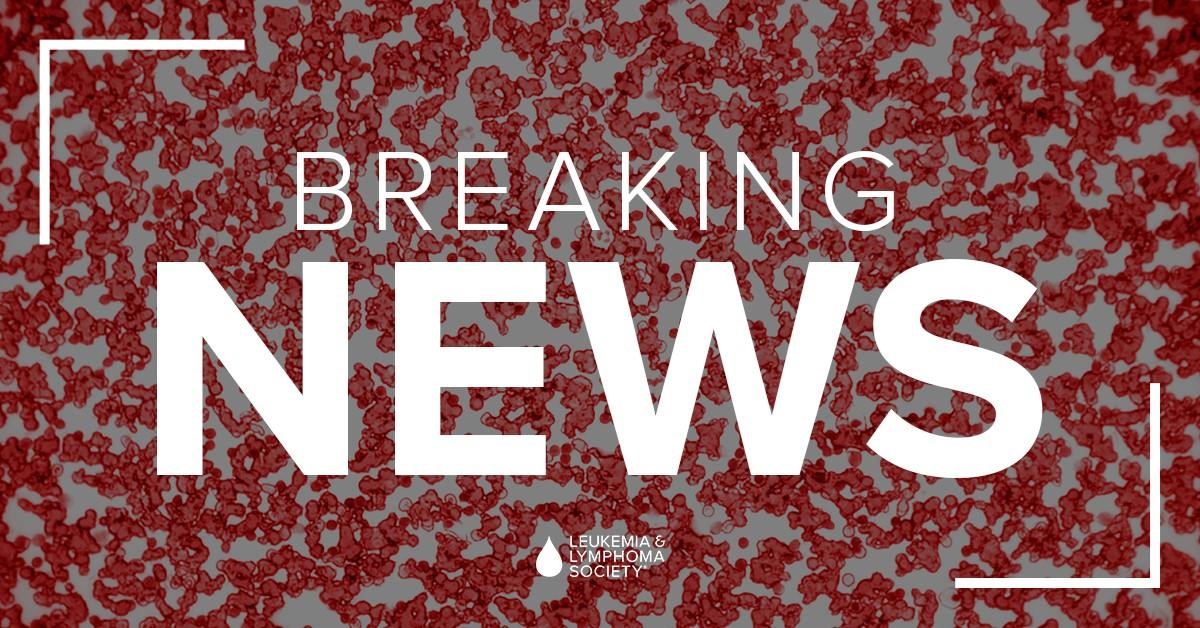
The Food and Drug Administration (FDA) recently approved azacitidine (Vidaza®) for pediatric patients 1 month and older with newly diagnosed juvenile myelomonocytic leukemia (JMML).
JMML is an uncommon blood cancer that accounts for 1-2% of all childhood leukemia cases and most often occurs in infants and children younger than 4 years old. JMML occurs when white blood cells called monocytes do not mature properly, causing bleeding and bruising, joint pain, anemia and difficulty breathing, among other symptoms.
JMML is an aggressive and difficult to treat disease; stem cell transplantation is the only effective treatment for most patients. Approximately half of children with JMML who undergo a stem cell transplant will achieve long-term remissions. Chemotherapy is often given to control the disease during the 1 to 2-month period that is required to arrange the transplant.
The chemotherapy azacitidine was granted approval based on findings from a phase 2 clinical trial of 18 patients between the ages of 1 month and 18 years prior to transplant. Half of the children had confirmed response to the drug, with three achieving clinical complete remission and six achieving partial remission. Nearly all of the patients (94%) in the trial eventually received a stem cell transplant; the median time to transplant was 4.6 months.
The most common adverse reactions occurring in more than 30% of pediatric patients with JMML were fever, rash, upper respiratory tract infection and anemia.
Funding from The Leukemia & Lymphoma Society (LLS) helped to lay the groundwork for exploration of azacitidine in treating JMML, which has the potential to avoid the use of cytotoxic agents and in some patients, transplantation – both of which have short and long-term serious side effects. Through the Translational Research Program LLS funded work by Dr. Mignon Lee-Cheun Loh of Seattle Children's Hospital, the Ben Town Center for Childhood Cancer Research, who has published several papers examining molecular basis of JMML as well as new therapies for the disease.
LLS applauds this new treatment option for JMML, while recognizing that there is a long way to go, with only half of the pediatric patient population achieving long-term remissions. Through the LLS Children’s Initiative, we seek to shift the standard of care for children, moving them away from toxic chemotherapies and toward effective and safe precision medicine treatments that target their cancer without harming the rest of their bodies. Currently, LLS is funding over 32 pediatric specific grants, to find safer treatment options for our most vulnerable patients.